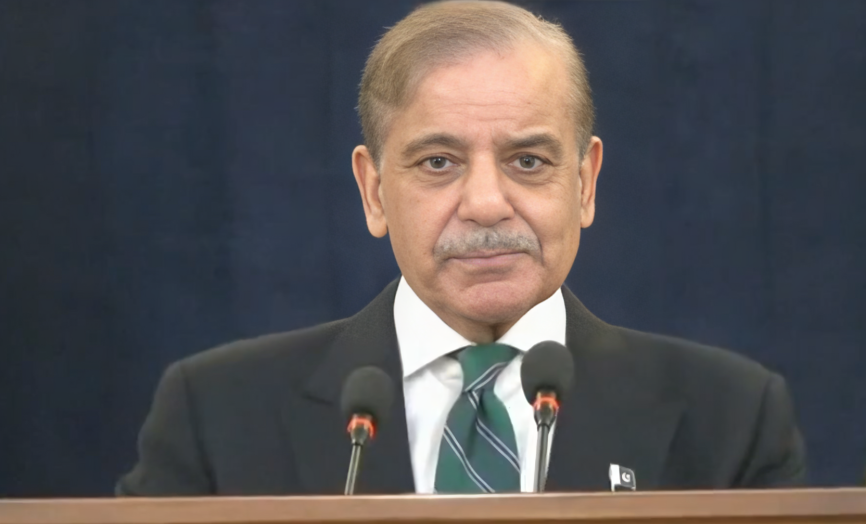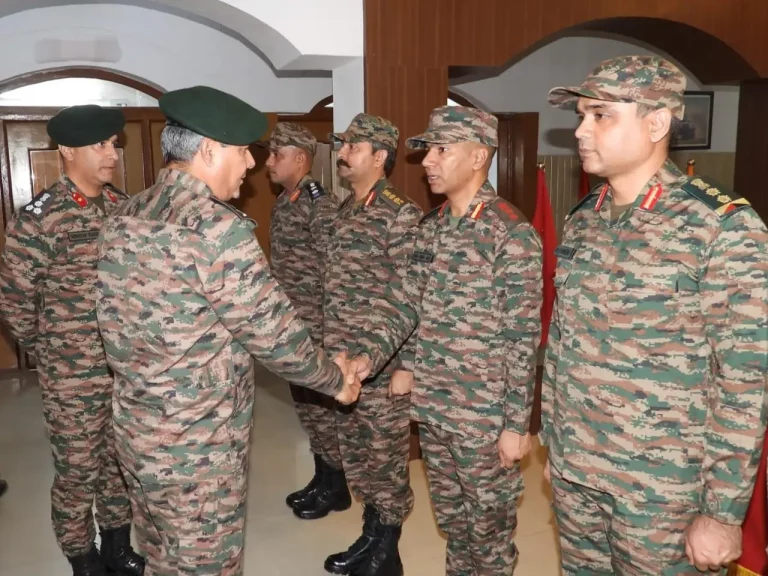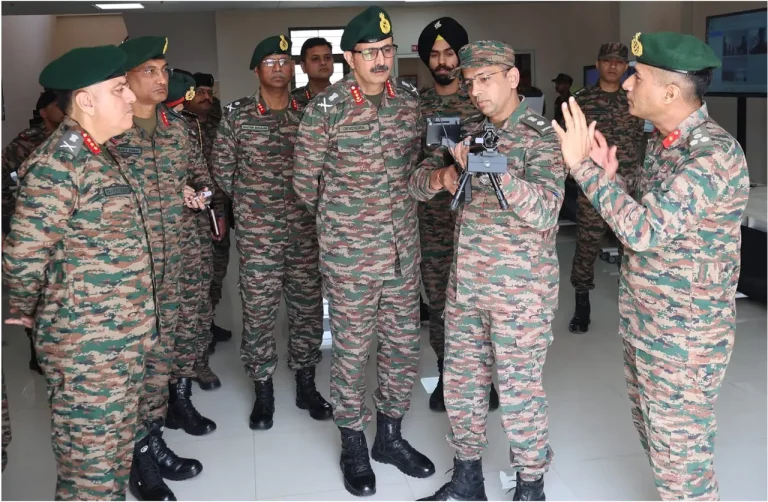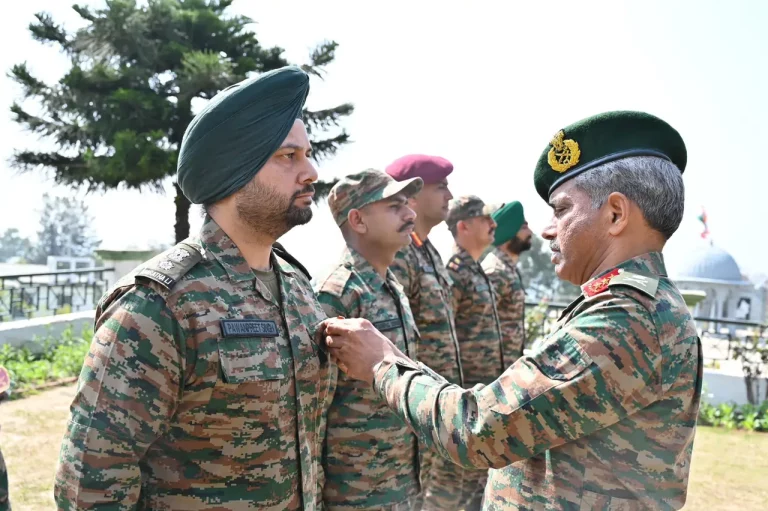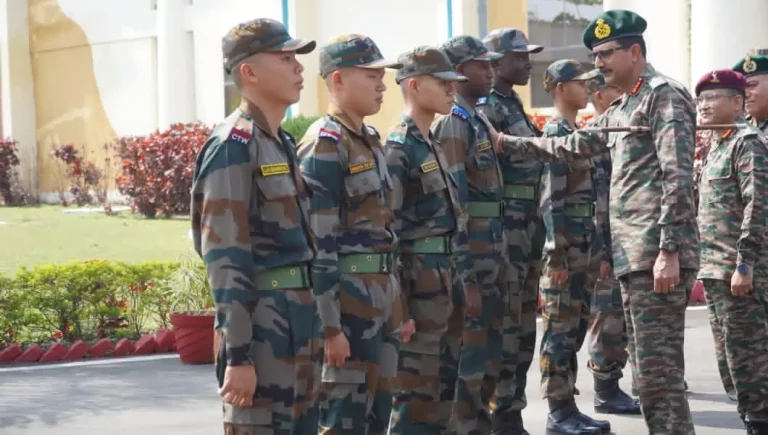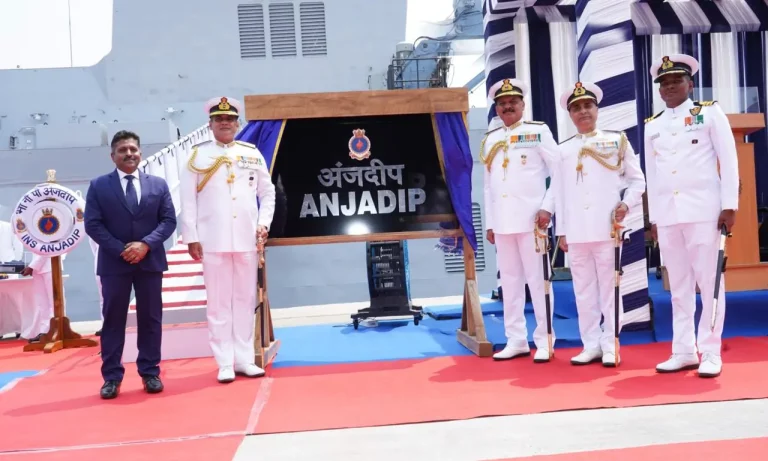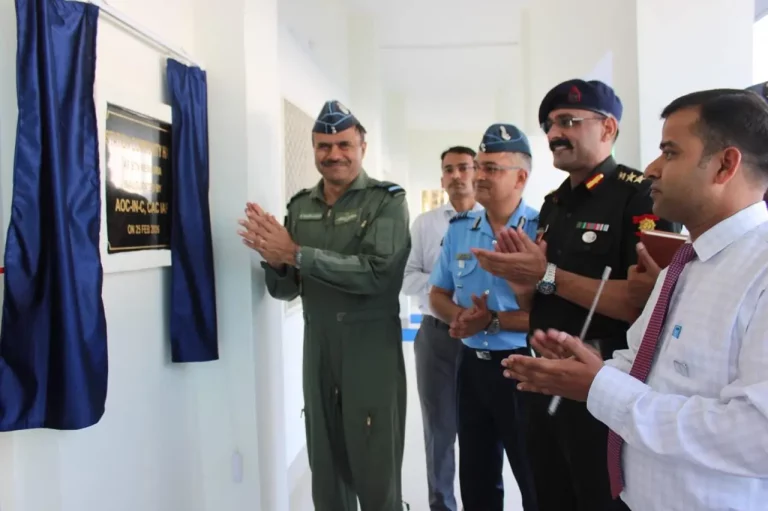In a significant national address, Pakistani Prime Minister Shehbaz Sharif expressed the country’s commitment to a newly established ceasefire agreement with India, facilitated by diplomatic efforts from the United States and its allies. This agreement has been characterized as a potential watershed moment for stability in the South Asian region, emerging from weeks of intense military tensions between the two nuclear-capable nations.
Sharif, speaking against a backdrop of Pakistani flags, extended his gratitude to U.S. President Donald Trump, Vice President J.D. Vance, and Secretary of State Marco Rubio for their pivotal roles in mediating the agreement. He also acknowledged the support from crucial international stakeholders, including the United Kingdom, China, Qatar, Türkiye, and Saudi Arabia. “This ceasefire is a victory for diplomacy and humanity,” he declared, underlining Pakistan’s aspirations for peace and dialogue.
The ceasefire, previously announced by Secretary Rubio, mandates an immediate cessation of hostilities and proposes a bilateral dialogue at a neutral venue to address enduring disputes. Rubio commended the agreement as indicative of the “wisdom, prudence, and statesmanship” displayed by both Sharif and Indian Prime Minister Narendra Modi.
However, Sharif’s address comes against the backdrop of serious allegations concerning Pakistan’s involvement in recent provocations, including a coordinated drone and missile assault on Indian military and civilian targets. These incidents prompted India’s swift retaliation through “Operation Sindoor,” which targeted terrorist infrastructure along with four key Pakistani air bases: Nur Khan, Murid, Rafiqui, and a yet undisclosed location. The Indian government has placed responsibility for these provocations on Pakistan’s military, particularly Army Chief General Asim Munir, accusing him of supporting terrorist groups linked to the deadly April 26 attack in Pahalgam, which claimed 26 lives.
While praising General Munir’s leadership and reaffirming Pakistan’s stance against terrorism, Sharif carefully sidestepped any mention of reported ceasefire violations that allegedly took place just hours before his address. Indian officials have reported ongoing artillery shelling from the Pakistani side across sectors in Jammu and Kashmir, raising doubts about the sincerity of Islamabad’s peace efforts.
The prime minister’s speech followed an emergency session of Pakistan’s National Command Authority, convened to reassess national defense strategies amid rising hostilities. The government portrayed the ceasefire as a diplomatic breakthrough, positioning Pakistan as a responsible regional actor keen on de-escalation.
Despite the positive rhetoric surrounding the ceasefire, skepticism remains. Analysts have highlighted Sharif’s omission of mention regarding Pakistan’s provocations and noted that his emphasis on international approval might prioritize optics over actionable solutions. “The true test will be whether both sides commit to sincere negotiations and accountability,” commented Dr. Ananya Iyer, a South Asia conflict expert.
The international community, including the UN and the UAE, has welcomed the ceasefire, yet continues to advocate for long-term solutions to ongoing issues such as terrorism, the Kashmir conflict, and military transparency. As negotiations are set to commence, the prospects for enduring peace hinge on whether these talks will extend beyond mere rhetoric to generate tangible changes on the ground.
